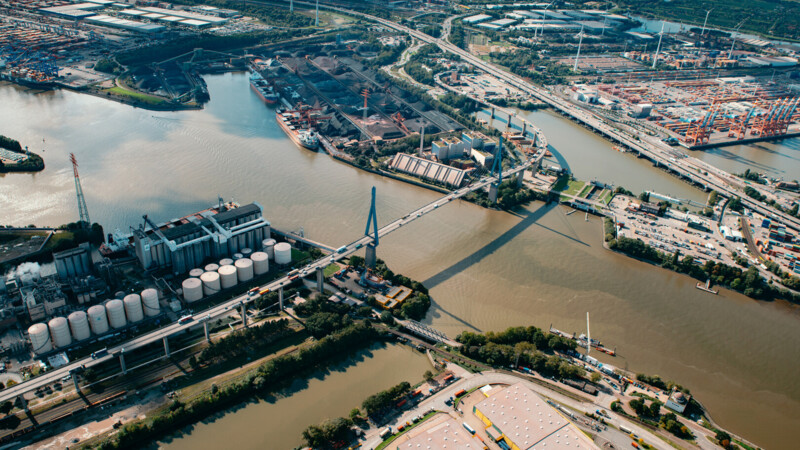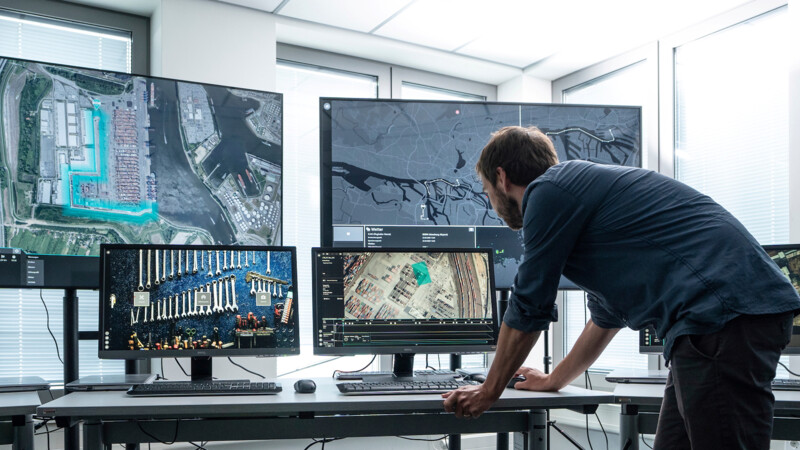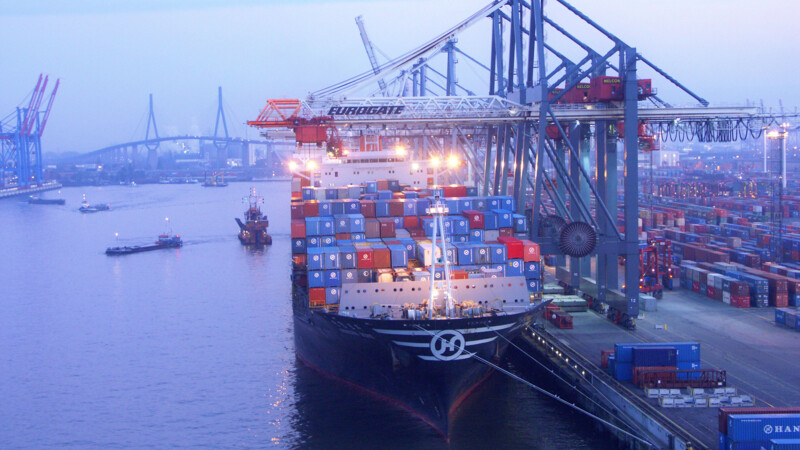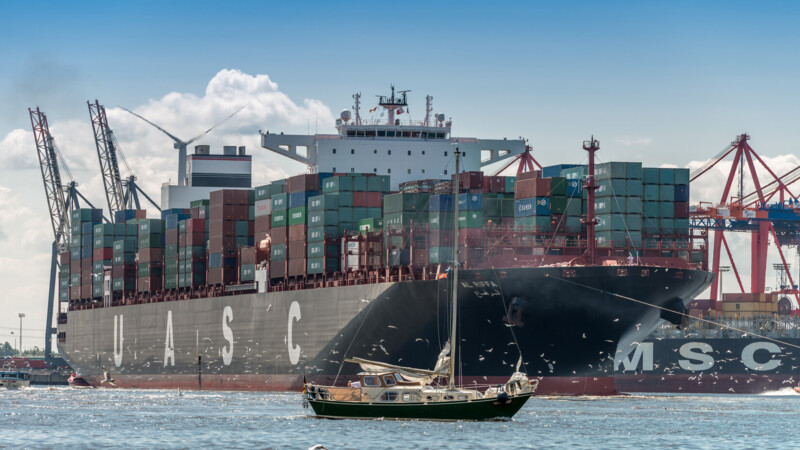The second phase will focus on advancing solutions via so-called action plans. Hamburg is expected to set up a funding basis through its European Regional Development Fund (ERDF) scheme. The project’s digital solutions for reducing CO2 emissions from heavy duty vehicles (HDV) can then be funded through ERDF. Examples of such digital solutions are digital HDV port traffic systems, digital parking space management, but also a virtual system for road maintenance in the port. An average 17,000 lorries travel through the Port of Hamburg every day. Given that backdrop, such solutions hold enormous opportunities for reducing both traffic and CO2 emissions, according to the Ministry of Economics and Innovation.
Hamburg-managed project draws interim balance
The Smooth Ports project, managed by Hamburg, has drawn a positive, interim balance. Launched in 2019, ports across Italy, France, Bulgaria and Germany have advanced means of cutting CO2 emissions in ports using funds provided by Interreg Europe. During the first phase, the partners developed various solutions and tested them for their suitability in other ports.
European ports' concepts to slash CO2 emissions
Exchange between partner ports
The differences between the partner ports should lead to talks on the best strategies. The parnters now hope to carry out the action plans by early 2023 and to hold talks with diverse stakeholders. The results will be presented at a closing event in September 2022 before the project is completed next year.
mb/sb/pb
Sources and further information
More
Similar articles

EUR 15 million for digital test field in Port of Hamburg

HHLA Sky and HPA form technology partnership in port

Hamburg Invest presents results - investments high despite pandemic
